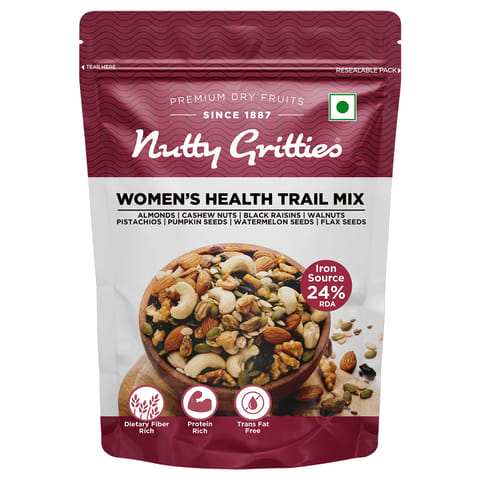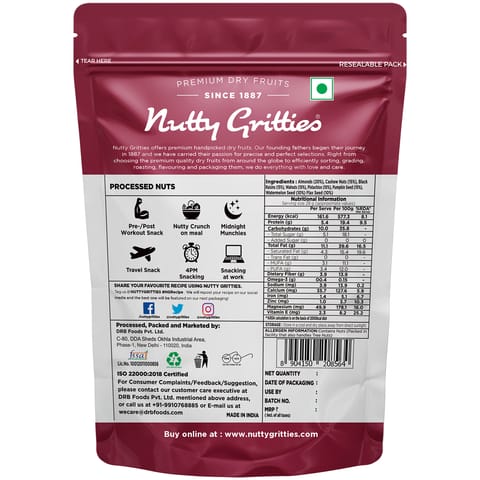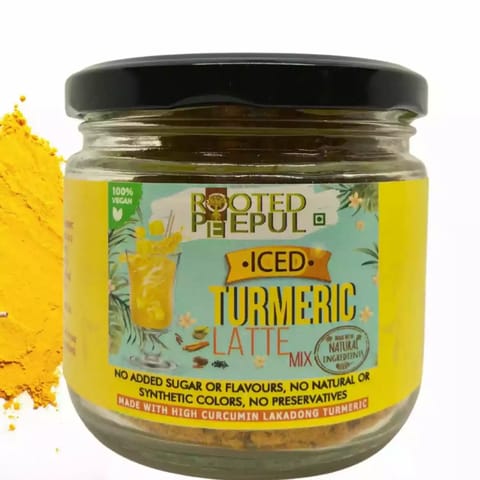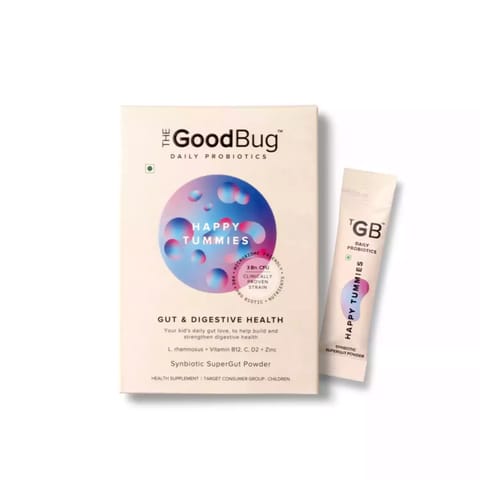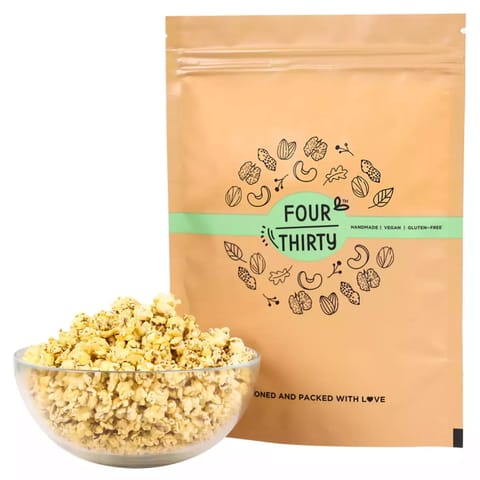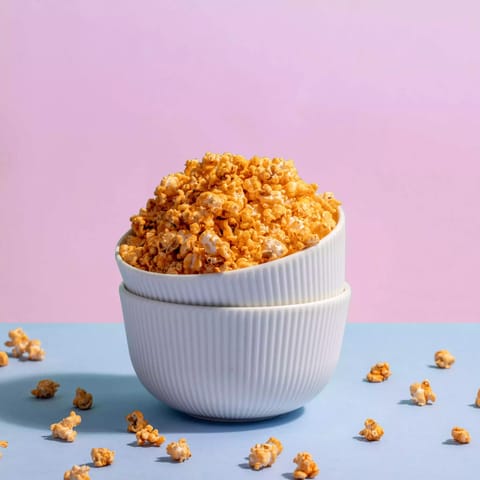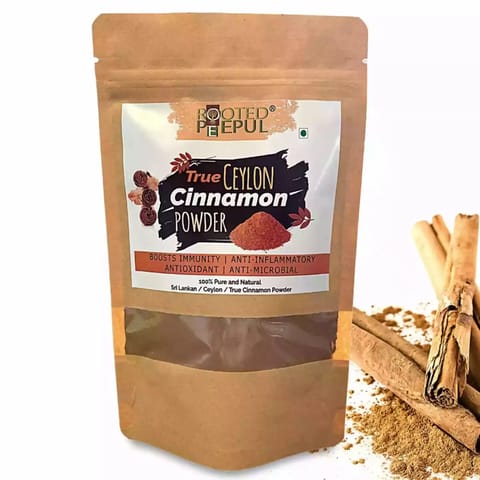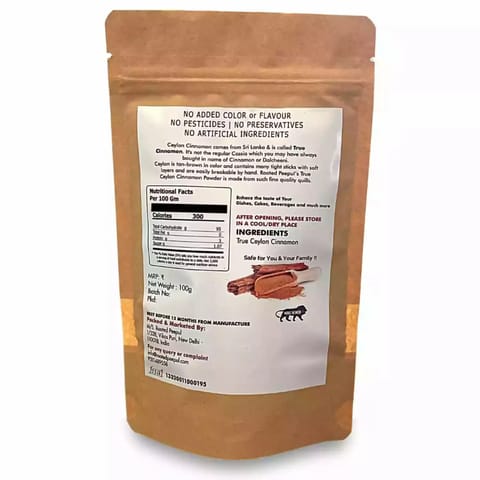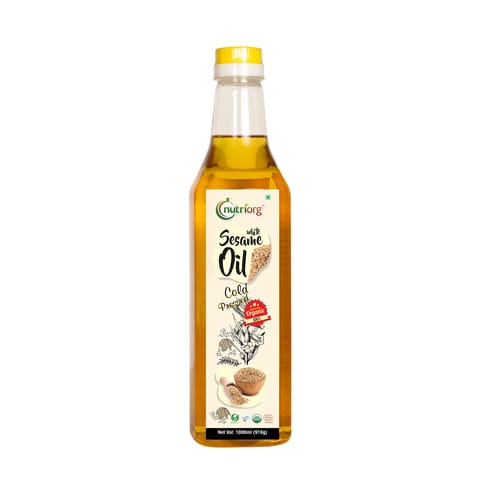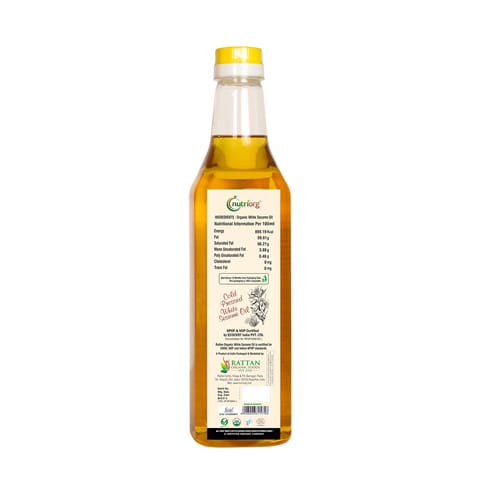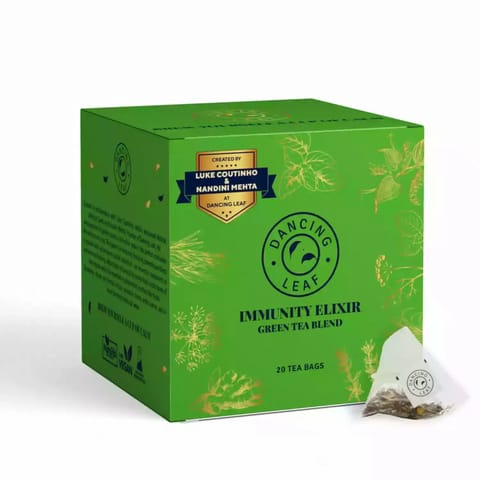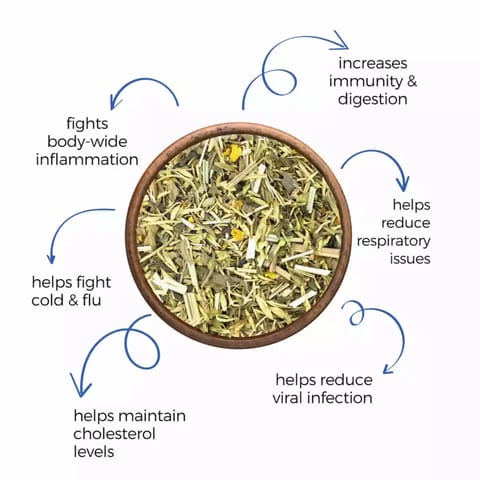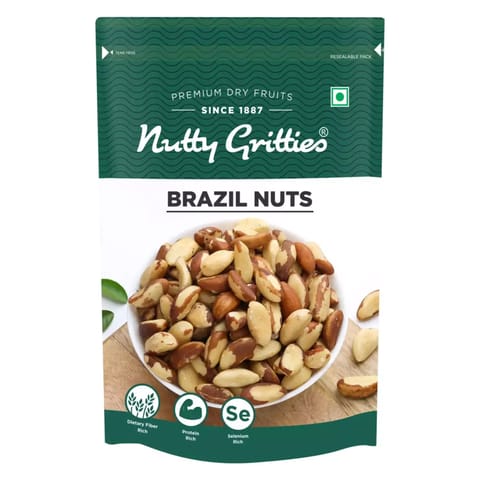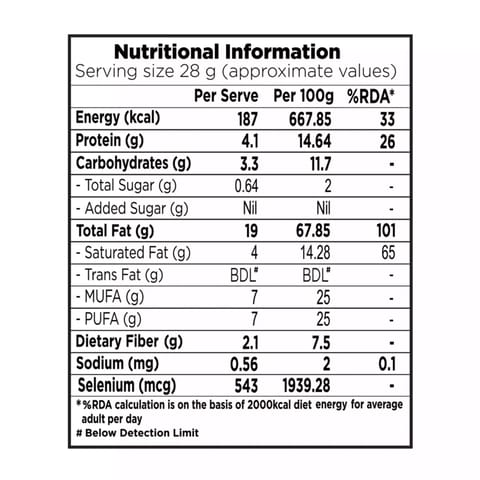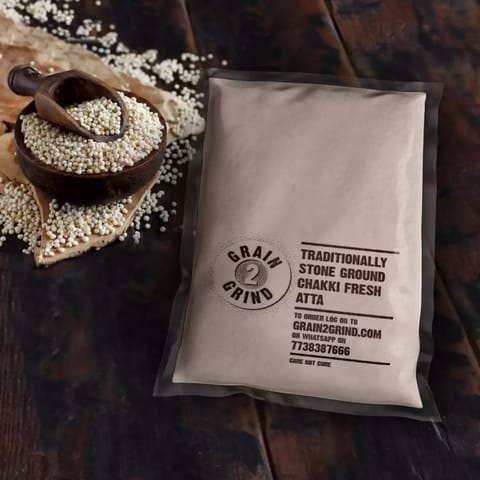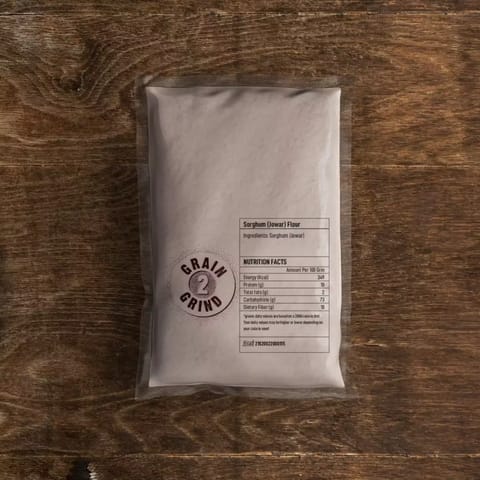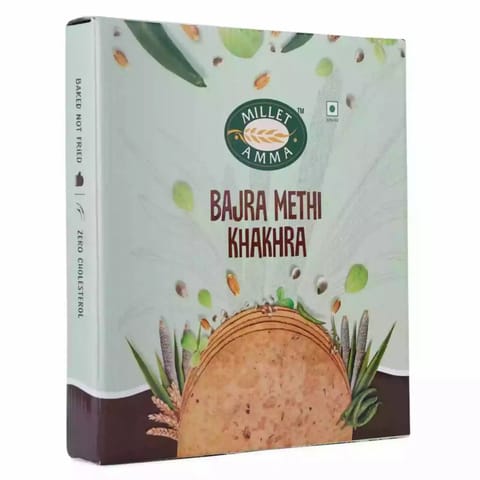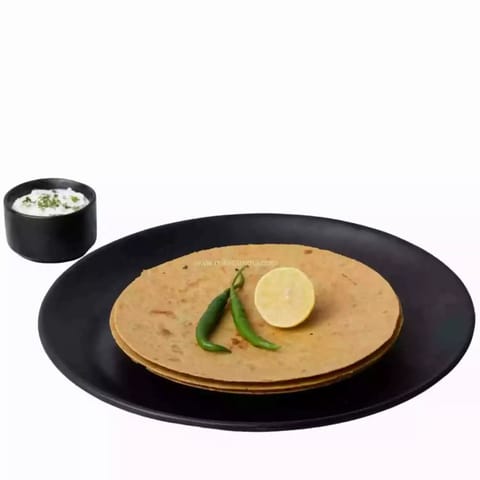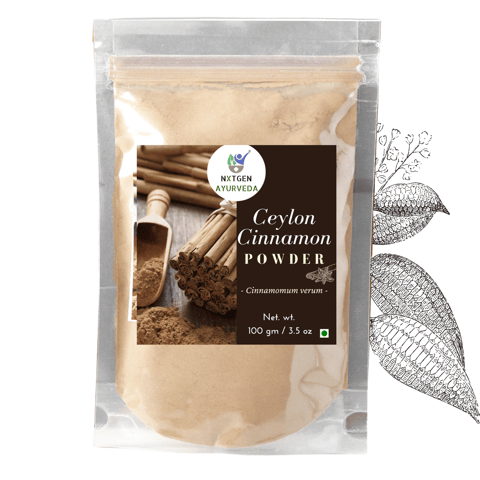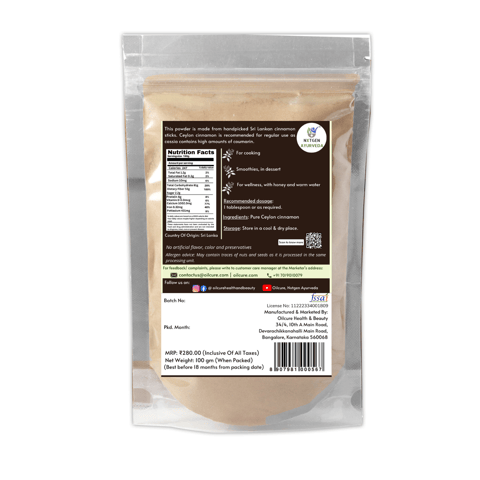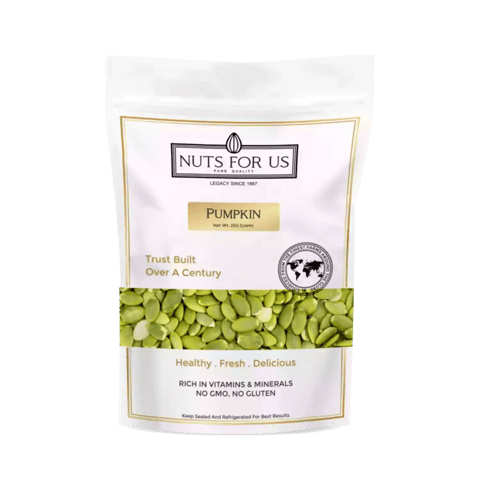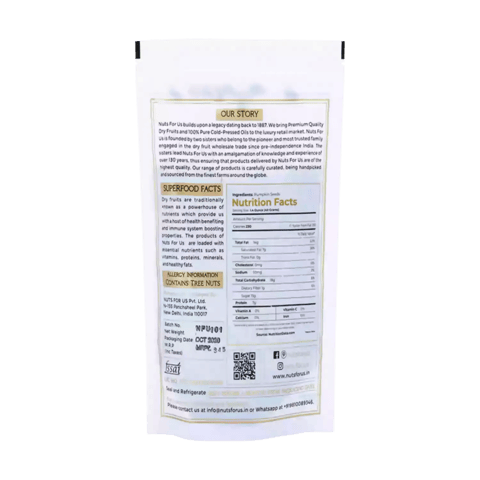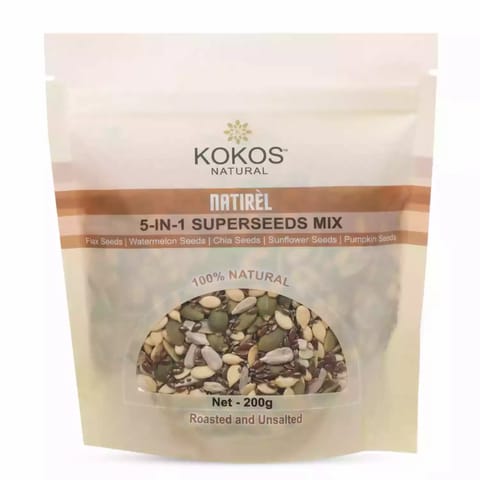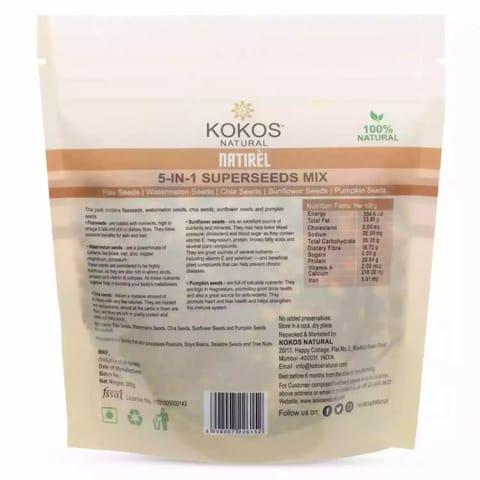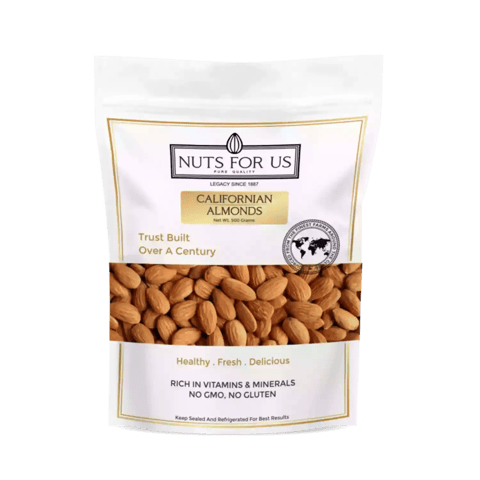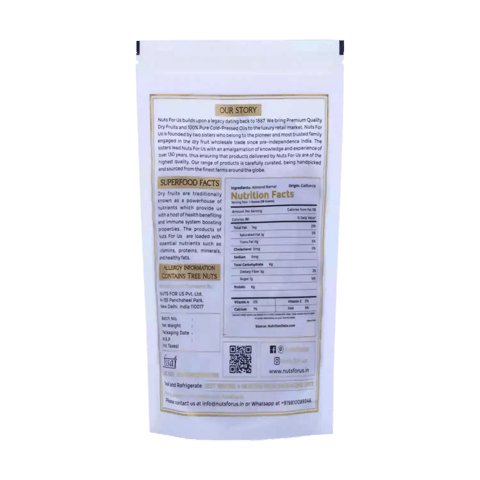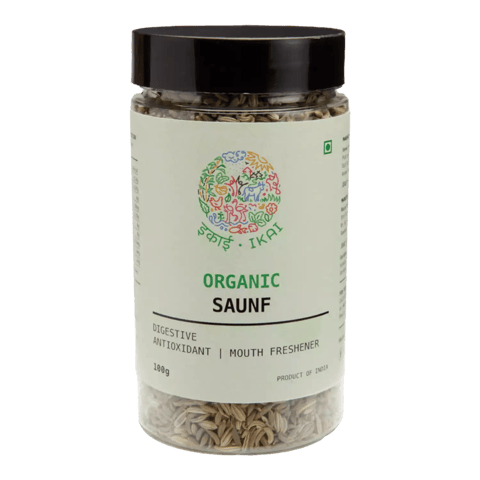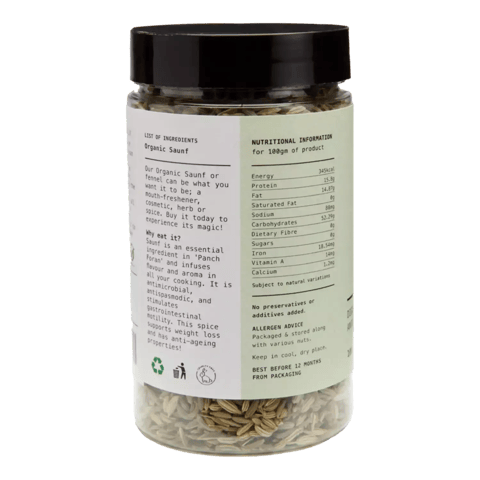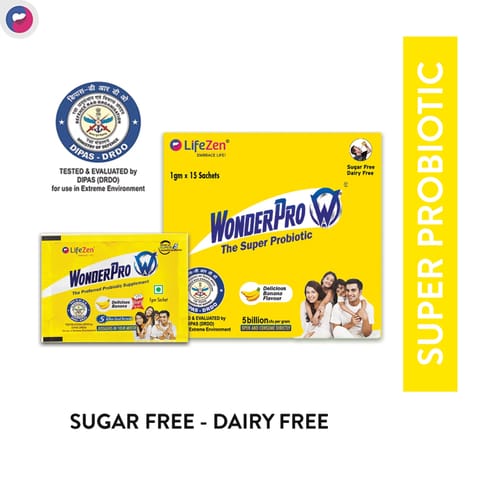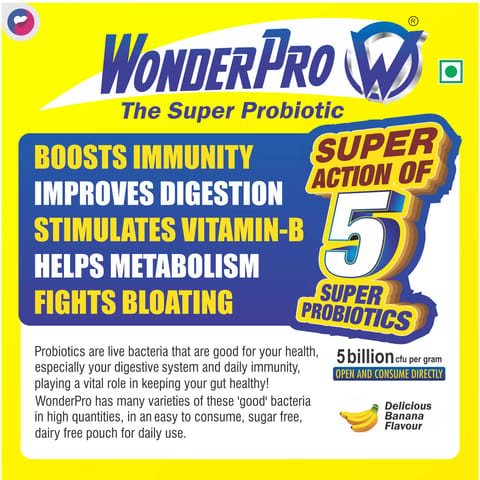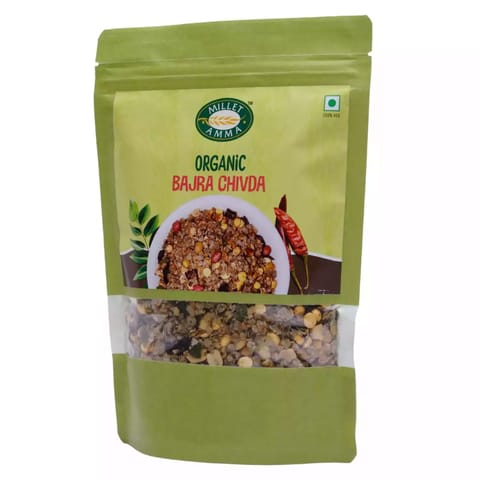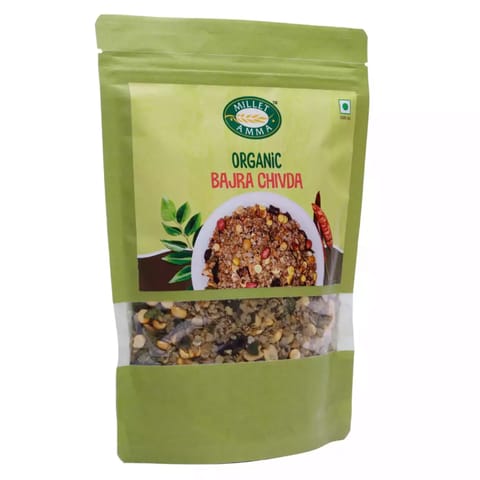Choose your location
Select a delivery location to see product availability and delivery options
PCOS
Struggling With PCOS? Here’s What You Need To Know
Every 1 in 5 women in...
Struggling With PCOS? Here’s What You Need To Know
Every 1 in 5 women in India suffers from PCOS!
PCOS syndrome was first described in 1935. Despite this, the condition is still largely unrecognized in India and it remains undiagnosed for years.
PCOS is not something to be trivialized or brushed aside
Polycystic ovary syndrome (PCOS) is characterized by the abnormal production of male sex hormones from the ovaries, which are usually present in small quantities in women. There are numerous small cysts (fluid-filled sacs) in the ovaries that are known as polycystic ovary syndrome. Every case is different. While some women with this disorder do not develop cysts, others do.
What causes PCOS?
The exact cause is unknown. PCOS is multifactorial. It can be caused by insulin resistance, excess weight, or various other reasons in women.
What are the symptoms to be looked out for?
- Abnormal or missed periods.
- Large or cystic ovaries.
- Having excess body hair, such as on the chest, stomach, and back (hirsutism)
- Gaining weight around the belly (abdomen)
- Oily or acne-prone skin
- Thinning or male-pattern baldness
- Fertility problems
- Skin tags are small bits of excess skin on the neck or armpits.
- Skin patches on the back of the neck, under the breasts, and in the armpits
How can we manage PCOS effectively in the long-term?
The management of PCOS primarily revolves around a holistic approach that includes regular exercise, adopting a balanced diet, and maintaining a healthy weight. These treatments not only alleviate the often uncomfortable symptoms but also serve as a preventative measure against potential long-term health issues.
However these treatments are unique for every woman, but there are certain nutrients that can help to balance your hormones, regularize your periods, relieve from painful cramps and so on.
Nutrients That Boost Your Estrogen Levels
Estrogen, a crucial hormone primarily synthesized by the ovaries and produced in smaller amounts by the adrenal glands, plays a pivotal role in the development of female secondary sexual characteristics.
Elevated estrogen levels, often termed as estrogen dominance, can manifest in women dealing with polycystic ovary syndrome (PCOS), a hormonal imbalance leading to irregular periods, unwanted hair growth, and acne.
Cruciferous vegetables, such as broccoli, cauliflower and cabbage, are known to be rich in phytoestrogens, which can help boost estrogen levels in the body. Additionally, fruits like berries and citrus fruits, as well as nuts and seeds like ethically sourced flaxseeds, soaked walnuts and almonds, are also great sources of estrogen-boosting compounds like Phytoestrogen. Whole grains like oats, millets (ragi, jowar, bajra and so on) and quinoa are another food group that can promote estrogen production in the body.
Phytoestrogens are abundant in dried fruits. There are several dried fruits that contain the highest levels of phytoestrogen, including apricots, dates, and prunes.
Soybeans and products made from soy are rich in isoflavones, which mimic estrogen. This section offers soybeans, soy nuts, tempeh to help you relish soy in a variety of ways.
Nutrients To Help Period Cramps And Painful Episodes Of Periods
When it comes to reducing period cramps and pain, certain nutrients can be particularly beneficial. Let's explore some of these nutrients and understand their benefits.
- Omega-3 Fatty Acids: Found in fatty fish like salmon, mackerel, and sardines, omega-3 fatty acids have anti-inflammatory properties that can help alleviate period cramps. They can also help regulate hormone levels, reducing the severity of menstrual pain.
- Magnesium: This essential mineral has muscle-relaxing properties that can ease menstrual cramps. Magnesium-rich foods include leafy green vegetables, nuts, seeds, whole grains, and clean certified magnesium supplements. It also helps in reducing bloating and mood swings associated with periods.
- Calcium: Adequate calcium intake has been linked to a reduction in menstrual pain. Dairy products, fortified plant-based milks, leafy green vegetables, and tofu are excellent sources of calcium. Calcium also helps in maintaining strong bones and teeth.
- Vitamin D: Known as the sunshine vitamin, vitamin D has been associated with reduced period pain. It helps in calcium absorption, aids in mood regulation, and supports a healthy immune system. Natural sources of vitamin D include fatty fish, eggs, and fortified dairy products.
- Vitamin E: This antioxidant vitamin has anti-inflammatory properties and can help alleviate menstrual pain. It is found in foods like nuts, seeds, spinach, broccoli, Vitamin E rich clean labeled supplements. Vitamin E also promotes healthy skin and supports immune function.
- Iron: Iron deficiency can worsen menstrual pain and fatigue. Consuming iron-rich foods such as lean meats, garden cress seeds soaked in amla powder or lemon juice, beans, lentils, spinach, and fortified cereals can help maintain healthy iron levels. Iron is essential for carrying oxygen in the blood and preventing anemia.
- B vitamins: B vitamins, particularly vitamin B6, can help reduce period pain by regulating hormone levels. Foods rich in B vitamins include whole grains, nuts, seeds, legumes, and leafy green vegetables.
Superfoods To Help Regulate Menses & Beneficial in Long Run
While menstrual cycles vary individually, it's essential to acknowledge the impact of food choices. Your dietary habits play a pivotal role in regulating menstrual cycles and managing related symptoms. Nutrition and the menstrual cycle are interconnected, so let's explore a few superfoods that can ease out the menstrual cycles.
- Curcumin: Curcumin is a compound found in turmeric, a popular spice known for its anti-inflammatory properties. It has been suggested that curcumin may help regulate menstrual flow and reduce menstrual pain. Including turmeric in your diet can be as simple as adding it to your cooking or enjoying a cup of turmeric tea.
- Fennel seeds: Fennel seeds have long been used as a natural remedy for menstrual discomfort. They are rich in antioxidants and may help relieve bloating, cramps, and other symptoms associated with menstruation. Fennel seeds can be consumed by chewing them directly or by steeping them in hot water to make a soothing tea.
- Dates: Dates are not only delicious but also packed with essential nutrients. They are a good source of iron, which is important for maintaining healthy blood flow during menstruation. Additionally, dates contain natural sugars that provide quick energy, which can help combat fatigue often experienced during the menstrual cycle.
- Unripe papaya: Unripe papaya is often recommended to regulate menses due to its high content of an enzyme called papain. Papain may help stimulate the production of estrogen and progesterone, two hormones that play a crucial role in maintaining a regular menstrual cycle. Unripe papaya can be eaten raw or cooked, depending on personal preference.
- Bitter gourd: Bitter gourd, also known as bitter melon, is a vegetable that is rich in vitamins and minerals. It is believed to have properties that can promote hormonal balance and regulate menstruation. Bitter gourd can be consumed by cooking it as a part of various dishes or by juicing it for a more concentrated dose of nutrients
- Cinnamon: A flavor enhancer that promotes better blood flow and helps regulate insulin levels, making it a beneficial choice for women dealing with PCOS.
- Probiotics: Scientific literature indicates that probiotic or symbiotic supplementation may help improve hormonal profiles, reduce inflammatory markers, and address lipid metabolism issues associated with PCOS. Research also demonstrates potential enhancements in weight, BMI, insulin sensitivity, HOMA-IR, and a potential protective role in fertility.
- Selenium: Brazil nuts, the top source of selenium, can naturally support your thyroid, which requires sufficient selenium levels to maintain hormonal balance. Research indicates that women with PCOS are at a higher risk of thyroid disorders, such as Hashimoto's thyroiditis, which can exacerbate PCOS symptoms, irregular ovulation, weight gain, infertility, and insulin resistance. To meet your selenium needs, simply enjoy two to three Brazil nuts daily. However, be cautious not to exceed this amount, as excessive selenium intake can be toxic.
- Zinc: Emerging scientific evidence suggests that zinc supplementation may help improve insulin sensitivity and reduce inflammation in individuals with PCOS, potentially offering a promising avenue for managing this condition.
You Care Tip:
- Avoid hormone disrupting toxins such as BPS.
- Replace plastic bottles with glass or stainless steel bottles.
- Avoid beauty products which contain parabens, These chemicals can act as xenoestrogens, mimicking estrogen and negatively impacting our hormones. Instead, choose clean-labeled beauty products from You Care Lifestyle for a safer and healthier alternative.
Incorporating these nutrients & superfoods into your diet can be a natural way to support a healthy menstrual cycle. However, it is important to remember that individual experiences may vary, and it is always advisable to consult with a healthcare professional before making any significant changes to your diet or lifestyle.
References:
- Calcaterra V, Rossi V, Massini G, Casini F, Zuccotti G, Fabiano V. Probiotics and Polycystic Ovary Syndrome: A Perspective for Management in Adolescents with Obesity. Nutrients. 2023;15(14):3144. Published 2023 Jul 14. doi:10.3390/nu15143144.
- Szczuko M, Kikut J, Szczuko U, et al. Nutrition Strategy and Life Style in Polycystic Ovary Syndrome-Narrative Review. Nutrients. 2021;13(7):2452. Published 2021 Jul 18. doi:10.3390/nu13072452
- Günalan E, Yaba A, Yılmaz B. The effect of nutrient supplementation in the management of polycystic ovary syndrome-associated metabolic dysfunctions: A critical review. J Turk Ger Gynecol Assoc. 2018;19(4):220-232. doi:10.4274/jtgga.2018.0077
Disclaimer: Always remember that products cannot work alone. The magic is not in formulas but in YOU. A balanced diet, good sleep, emotional detox, adequate movement, and other simple lifestyle changes, will bring power and efficacy to the product.
These products are NOT a replacement for any medication or medical treatment. Please make an informed decision and keep your health professional in the loop if you have medical conditions.





